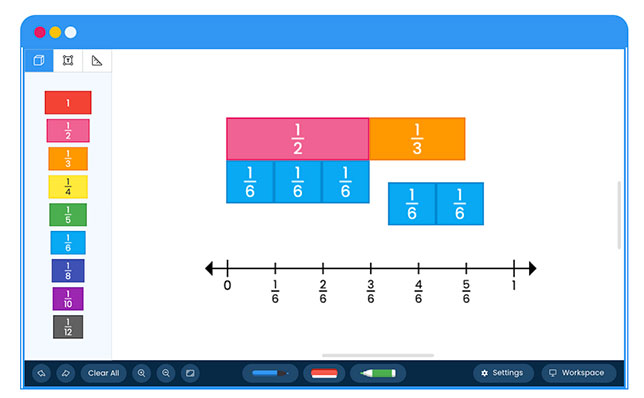STEM/STEAM: Science, Technology, Engineering, Math and the Arts
Here you'll find articles and resources for STEM+Arts education, also known as STEAM. Topics include science, technology, engineering, math and arts education and range from research reports to feature articles to profiles of makerspaces to news about new STEAM and STEAM initiatives in schools.
The National Parents and Teachers Association (NPTA) has granted over $700,000 in funds donated by major PTA Proud National Sponsor corporations, organizations, and private donors to support local PTAs to foster student success in various programs, of which several are internet- and STEM-focused.
IXL Learning has developed a series of print edition Ultimate Math Workbooks for middle school grades, which address math skills and topics, from multi-digit division to geometry and the Pythagorean Theorem, and more.
For its 2024 Swift Student Challenge, opening in February, Apple has announced it will add a special category called 50 Distinguished Winners, who will be named for outstanding submissions.

2023 has shown the largest growth in percentage of high schools offering foundational CS since 2018: while 57.5% of U.S. public high schools offer it, compared to 53% last year, access disparities still exist.
High school robotics teacher Anthony Young shares his experiences with providing students pathways to certifications, helping them land high-paying jobs straight out of school.
Stanford University is launching a new advanced program within its Stanford Online High School, called Stanford Pre-Collegiate University-Level Online Immersive. Its first "Immersive" online course for high school students will be a course based on a curriculum for first-year Stanford students, Multivariable Calculus and Linear Algebra.

The release of generative AI tools like ChatGPT and Bard has shined a light on the impacts of technology in education and in society. Technology is a fundamental part of our lives and continues to evolve at lightning speed.

Savvas Learning Company has partnered with Brainingcamp to bring visual, interactive, digital math manipulatives to its suite of learning tools for use in the K–8 curriculum. The suite will be available on Savvas' Realize digital platform.
Stride subsidiary MedCerts, a provider of healthcare and IT training and certification programs, has developed a public school Career and Technical Education model that allows high school students who are not college bound to graduate high school with an industry-recognized credential, career-ready skills — and college credits to boot, should the student opt to attend college later on.
DreamBox Learning has been selected by the Montana Office of Public Instruction to provide its DreamBox Math and Reading Plus solutions to grades 3–8 statewide, according to a news release.